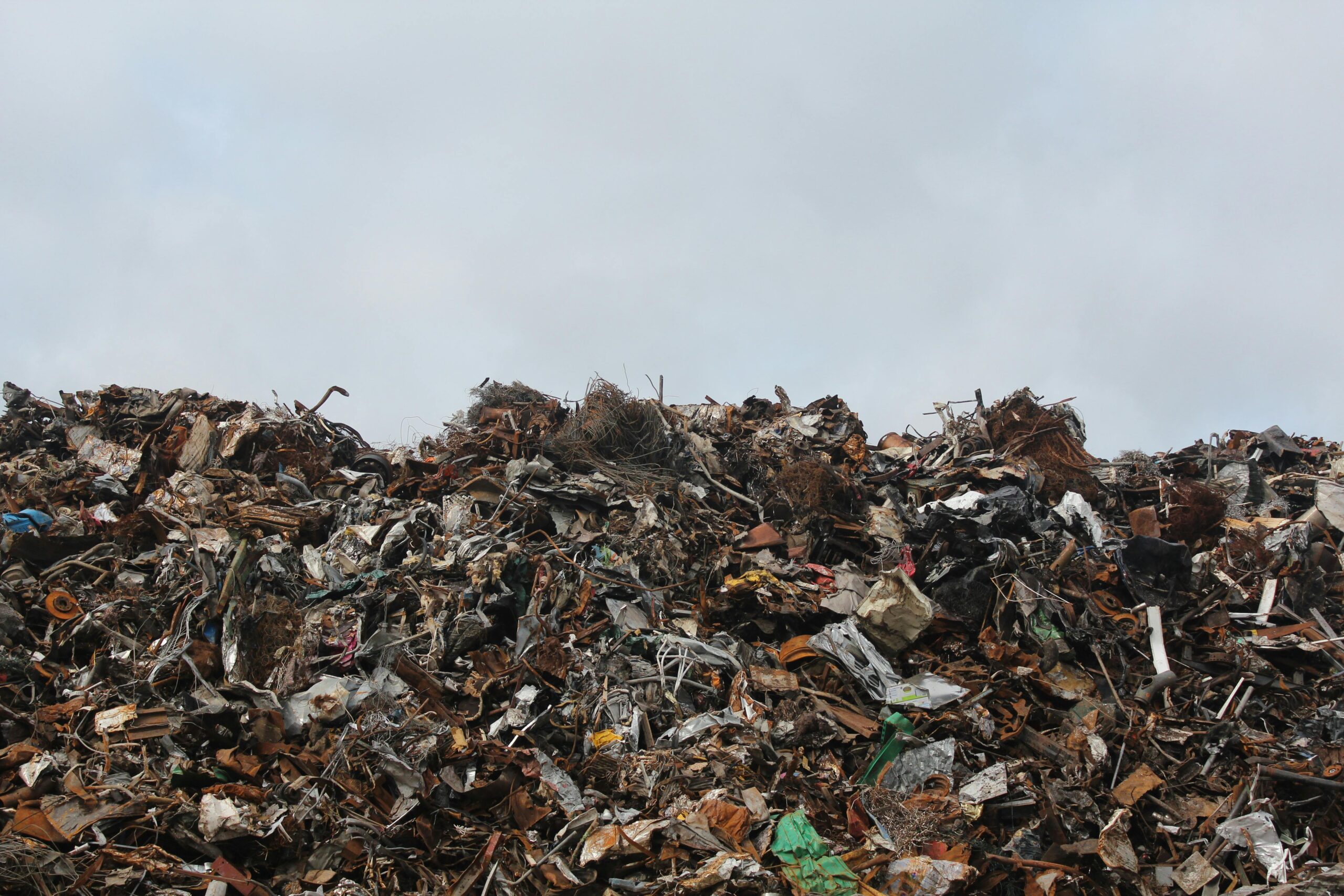In the heart of a nation known for its abundance and prosperity lies a troubling paradox—the staggering amount of food wasted each year in the United States. While many Americans enjoy easy access to a wide variety of foods, from fresh produce to gourmet delicacies, the dark side of this plenty reveals a shocking reality of inefficiency and excess. This issue of food waste not only impacts our economy and environment but also raises profound ethical questions about our values and priorities.
To grasp the scale of this paradox, consider the statistics: according to the United States Department of Agriculture (USDA), around 30-40% of the food supply in the U.S. goes to waste every year. This translates to approximately 133 billion pounds of food, worth an estimated $161 billion. Such vast amounts of wasted food have serious repercussions on multiple fronts.
Firstly, the economic impact is substantial. Food waste represents a loss of resources and money, both for producers and consumers. Farmers often discard perfectly edible crops due to cosmetic imperfections or market fluctuations, leading to lost revenue and increased costs. At the consumer level, households contribute significantly to this waste, with untouched groceries ending up in the trash instead of nourishing families.
Moreover, the environmental toll of food waste cannot be overstated. When food rots in landfills, it produces methane, a potent greenhouse gas that contributes to climate change. Additionally, the water, land, and energy used in producing, transporting, and disposing of wasted food are all squandered, exacerbating environmental degradation and straining our planet’s finite resources.
The root causes of food waste in the U.S. are complex and multifaceted. One major contributor is the prevalence of consumer culture and the emphasis on abundance and choice. In a society where supermarkets overflow with options and bulk purchasing is the norm, it’s easy for consumers to buy more than they need, leading to food spoilage and waste.
Furthermore, the food industry’s standards and practices play a significant role. Strict cosmetic standards mean that produce that doesn’t meet certain aesthetic criteria—such as perfectly shaped apples or uniformly colored tomatoes—is often left unharvested or discarded before reaching stores. Similarly, confusing expiration dates and sell-by labels lead consumers to throw away food prematurely, fearing it may be unsafe to eat.
Addressing the paradox of plenty requires a multifaceted approach involving government policy, industry initiatives, and individual action. Several organizations and movements are already making strides in this area. For instance, food recovery programs work to redirect surplus food to those in need, reducing waste while combating food insecurity.
On a legislative level, policymakers are exploring measures such as standardizing date labels, implementing tax incentives for food donations, and supporting composting and anaerobic digestion programs to divert organic waste from landfills. Additionally, consumer education campaigns aim to raise awareness about the impacts of food waste and empower individuals to make more informed choices.
As individuals, we can all contribute to mitigating food waste in our daily lives. Simple practices like meal planning, proper food storage, and creative use of leftovers can make a meaningful difference. By embracing a more mindful approach to consumption and supporting initiatives that promote sustainability and efficiency in our food system, we can begin to unravel the paradox of plenty that plagues our nation.
In conclusion, the issue of food waste in the United States is a profound challenge that demands urgent attention and concerted action. By addressing the systemic drivers of waste and fostering a culture of responsibility and resourcefulness, we can transform our relationship with food and pave the way towards a more sustainable and equitable future. The land of plenty has the potential to become a beacon of innovation and stewardship in the fight against food waste, setting an example for the world to follow.













Recent Comments